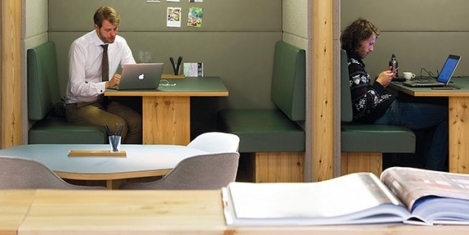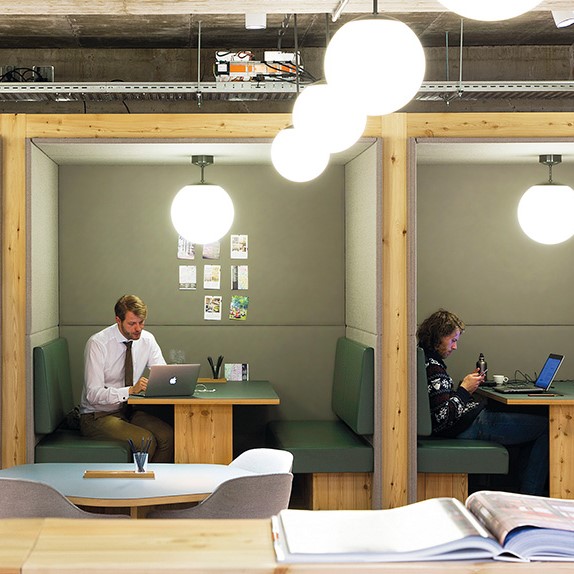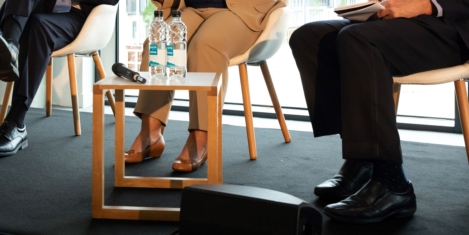To provide the best experiences, we use technologies like cookies to store and/or access device information. Consenting to these technologies will allow us to process data such as browsing behaviour or unique IDs on this site. Not consenting or withdrawing consent, may adversely affect certain features and functions.
The technical storage or access is strictly necessary for the legitimate purpose of enabling the use of a specific service explicitly requested by the subscriber or user, or for the sole purpose of carrying out the transmission of a communication over an electronic communications network.
The technical storage or access is necessary for the legitimate purpose of storing preferences that are not requested by the subscriber or user.
The technical storage or access that is used exclusively for statistical purposes.
The technical storage or access that is used exclusively for anonymous statistical purposes. Without a subpoena, voluntary compliance on the part of your Internet Service Provider, or additional records from a third party, information stored or retrieved for this purpose alone cannot usually be used to identify you.
The technical storage or access is required to create user profiles to send advertising, or to track the user on a website or across several websites for similar marketing purposes.
 Any survey that sets out to establish what people believe cuts their productivity and annoys them most about their workplace almost invariably throws up the same result; the noise and distractions generated by other people. So it will come as no surprise to learn that the same surveys usually find that employees believe that peace and quiet and freedom from distractions is the most important factor when it comes to getting some decent work done. (more…)
Any survey that sets out to establish what people believe cuts their productivity and annoys them most about their workplace almost invariably throws up the same result; the noise and distractions generated by other people. So it will come as no surprise to learn that the same surveys usually find that employees believe that peace and quiet and freedom from distractions is the most important factor when it comes to getting some decent work done. (more…)















 AI and its transformational effect on the global business landscape was the dominant theme on day one of the
AI and its transformational effect on the global business landscape was the dominant theme on day one of the 















June 20, 2019
The case for a shorter working week
by Shainaz Firfiray • Comment, Wellbeing